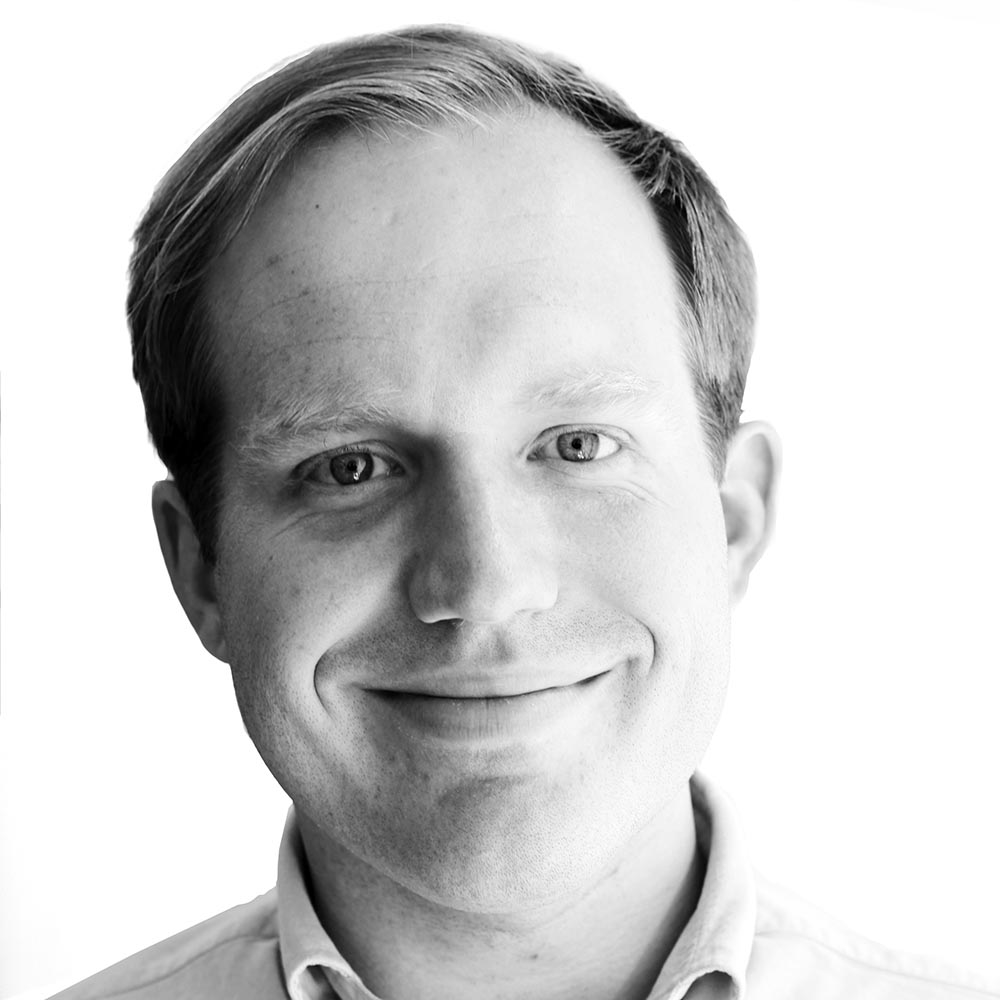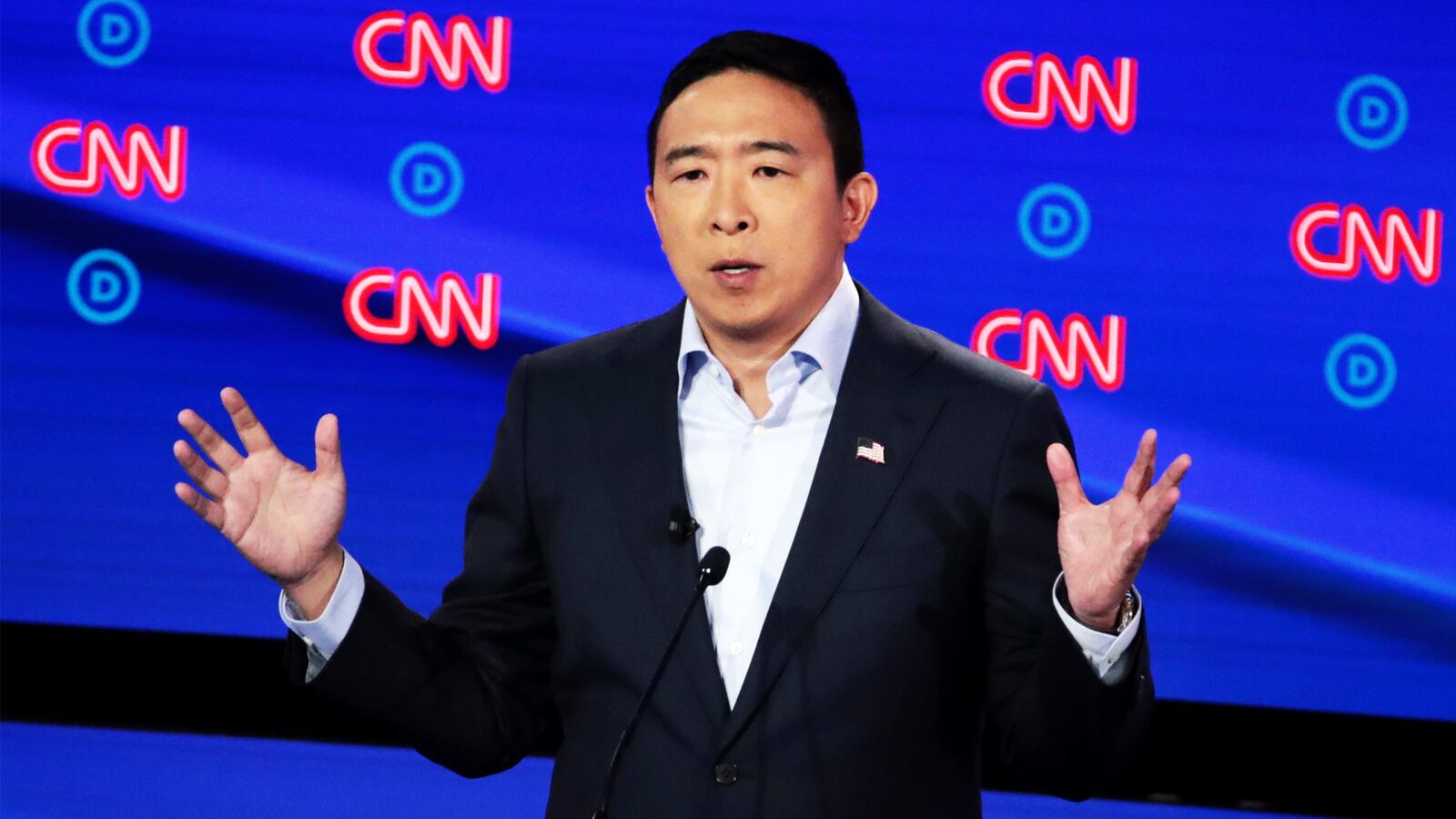While Democratic presidential candidates clashed on the second night of debates over how to prevent global warming, outsider 2020 hopeful Andrew Yang offered a simpler, more drastic plan: Forget prevention, he said, it’s time to start moving Americans living on flood-prone areas to higher ground.
“We are too late,” Yang said. “We are 10 years too late. We need to do everything we can to start moving the climate in the right direction, but we also need to start moving our people to higher ground.”
Yang’s remarks came amid a dispute between other candidates over whether to implement the Green New Deal, and how rapidly to reduce the role of coal in the energy market. But Yang argued that those solutions were coming too late, saying it was time to start helping Americans afford moves from low-lying areas that will be swamped by encroaching ocean water.
While Yang’s call to move to higher ground sounds a bit extreme, one 2015 study suggested that it’s already too late to save cities like Miami and New Orleans from flood waters, even if carbon emissions are drastically reduced. Building seawalls to prevent flooding, meanwhile, would be extremely expensive, with another study estimating the cost of saving coastal areas with more than 25,000 people at more than $42 billion.
Yang, an entrepreneur, has made waves before in the race for his unorthodox ideas, including his signature call for a $1,000 monthly universal basic income payment he calls the “Freedom Dividend.” During the debate, Yang suggested that his monthly payment plan would help coastal residents move to areas that will be less affected by global warming.
“The best way to do that is to put economic resources into your hands so you can protect yourself and your families,” Yang said.






